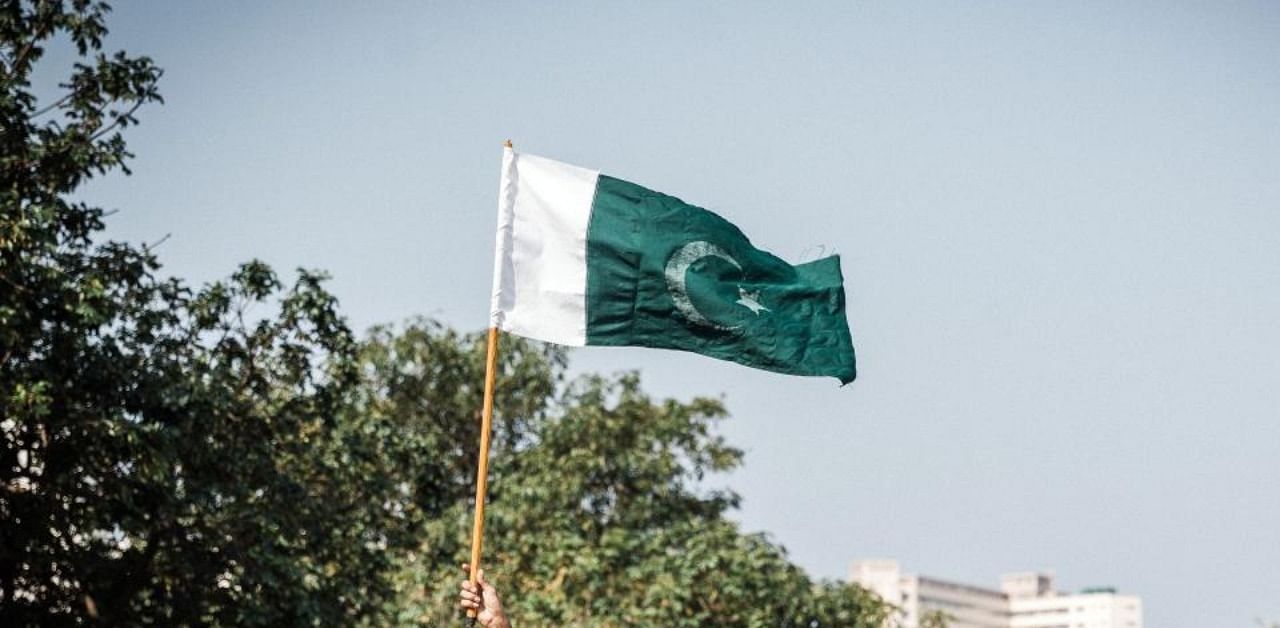
A parliamentary committee in Pakistan has said that the country has not fulfilled its responsibility to protect religious minorities from forced conversions, according to a media report on Tuesday.
The parliamentary committee on forced religious conversions headed by Senator Anwarul Haq Kakar recently visited parts of Sindh where forced conversions of young Hindu girls have been reported.
During a media interaction on Monday, Kakar said that "the state has not fulfilled its responsibility to protect religious minorities from forced conversions", The Dawn News reported.
He, however, noted that most of the cases of conversions "have some degree of willingness".
Replying to a question, Kakar said there are several definitions of forced conversion, and the subject was debated by the committee at length.
"Although conversion to seek a better lifestyle is also considered forced conversion, economic reasons can be considered exploitation and not force, as eventually, it is after consent,” he said, adding that there is a thin line between consent and exploitation.
Kakar said people who "encourage girls from the Hindu community to move out and marry according to their own wishes are not as liberal about their own daughters".
The worst part of the situation, he said, was that the family's "pain and shame" were not taken into consideration.
"If we all start taking the families into confidence and devise a mechanism to console them, the cases of forced conversions will decline," he said.
Kakar suggested introducing a new marriage rule that includes the mandatory presence of a 'vali' (guardian) at the time of the wedding and the establishment of shelters managed by the district administration to house underage girls who wanted to get married, in order to clear the confusion between force and consent.
According to the report, the most vulnerable districts for forced conversions are Sanghar, Ghotki, Sukkur, Khairpur and Mirpurkhas. There have been negligible reported cases from Balochistan and Khyber Pakhtunkhwa, while a few cases involving Christians have been reported in Punjab.
Civil society activist Krishan Sharma said there are two kinds of forced conversions, the first involving kidnapping and illegal confinement, and a second kind.
“The second kind is rampant in Sindh and that has to be taken care of by the state - this is procedural forced conversions, [in which] the whole system of the country, from the police, the courts, etc, are violating the laws and facilitating such conversions,” the report quoted Sharma as saying.
“When the parents present a certificate that the age of the girl is below 18 years, the police usually do not attach this document in the FIR, but we have women protection laws in the country and we need to implement them. Besides that, Pakistan is a signatory to several international obligations,” he said.
Sharma said there has to be a law stating that the minimum age for the religious conversion is 18, which is also the marriageable age in Sindh. “The courts too should take note of marriages of girls below the age of 18 years,” he said.